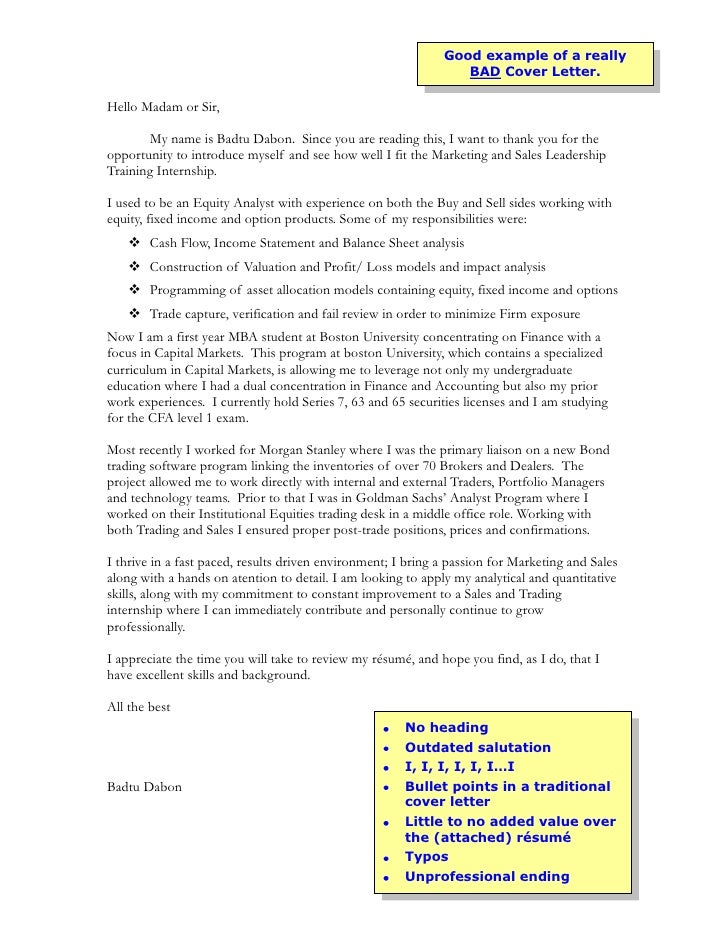Bernard Purdue Purdue Good Rare

Hammer and Rails continues its countdown of the best years in Purdue sports history. Editorial Reviews. It was 1969 and I was preparing to record Johnny Hammond Smith. We discussed the band and had agreed on everybody when Johnny said he d like to use Bernard Purdie on drums. I knew of Purdie but had never met him. It sounded like a good idea. On the session, Purdie arrived with a music.
• Bernard 'Pretty' Purdie • Mississippi Bigfoot Born ( 1941-06-11) June 11, 1941 (age 76), U.S. Genres,,, Occupation(s) Instruments, Years active 1958–present Labels,,, Associated acts,,,,,,,,,,,,,,,, Website Bernard Lee 'Pretty' Purdie (born June 11, 1941) is an American, considered an influential and innovative musician. He is known for his precise musical time keeping and his signature use of triplets against a half-time backbeat: the 'Purdie Shuffle.' He was inducted into the Hall of Fame in 2013. Purdie recorded Soul Drums (1968) as a band leader and although he went on to record Alexander's Ragtime Band, the album remained unreleased until Soul Drums was reissued on CD in 2009 with the Alexander's Ragtime Band sessions. Irfan Ul Quran English Translation Pdf there. Other solo albums include Purdie Good (1971), Soul Is. Pretty Purdie (1972) and the for the film Lialeh (1973).
In the mid-1990s he was a member of, with and. Contents • • • • • • • • • Biography [ ] Purdie was born on June 11, 1941 in, US, the eleventh of fifteen children. At an early age he began hitting cans with sticks and learned the elements of drumming techniques from overhearing lessons being given by Leonard Heywood. He later took lessons from Heywood and played in Heywood's big band. Purdie's other influences at that time were,,,,, as well as,,,, and.
In 1961 he moved from his home town of, to. In order to be able to obtain a licence to perform in public (minimum age 21), Purdie claimed he was born in 1939, while in fact he was born in 1941. There he played sessions with and regularly visited the Turf Club on 50th and Broadway, where musicians, agents, and promoters met and touted for business. It was during this period that he played for the saxophonist, who nicknamed him 'Mississippi Bigfoot'. Eventually Barney Richmond contracted him to play session work. In a 1978 interview, Purdie claimed to have added drum overdubs to 'several [tracks] of the Beatles' Hamburg recording' with, including 'Ain't She Sweet', 'Take Out Some Insurance On Me Baby' and 'Sweet Georgia Brown', to give them a punchier sound for the US market. Purdie was contracted by arranger to play a session with in 1965 and recording session records also show that Purdie played on 'Ain't That A Groove' at the same session.
This was one of several sessions he played with Brown and the track 'Kansas City' from Brown's album (1967), displays one of the most sophisticated and driving shuffles recorded for Brown's catalogue. Purdie is also credited on the albums (1969) and (1972). Purdie started working with Aretha Franklin as musical director in 1970 and held that position for five years, as well as drumming for Franklin's opening act, and The King Pins. In 1970 he performed with both bands at the Fillmore West; the resulting live recordings were released as Aretha Live At The Fillmore West (1971) and King Curtis's Live At Fillmore West (1971). His best known track with Franklin was 'Rock Steady', on which he played what he described as 'a funky and low down beat'.





